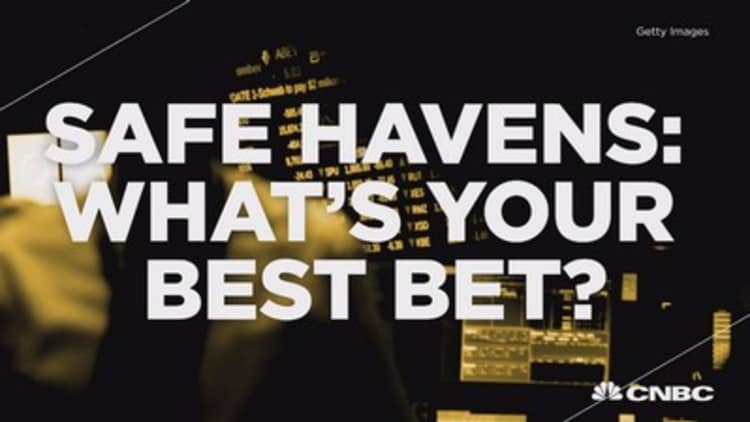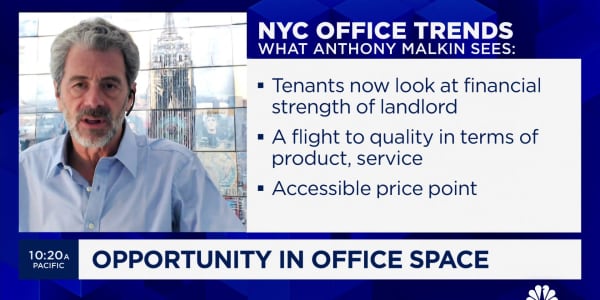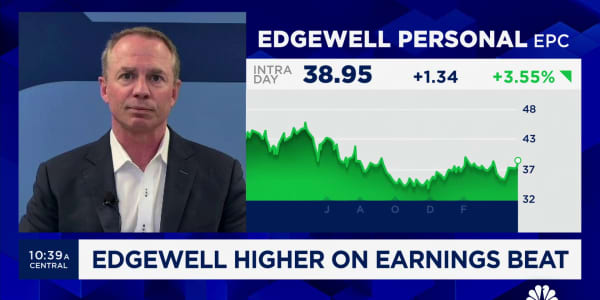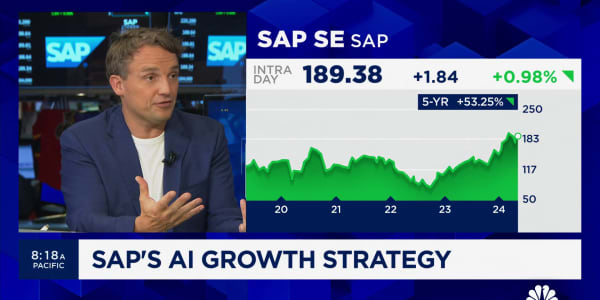
The new year hasn't been terribly happy for asset managers, who collectively made a terribly wrong bet on the stock market.
During the last week of December, the group bought $8.6 billion worth of futures, according to Bank of America Merrill Lynch. Managers made the long market bet as the stock index was closing a moribund year that concluded with a modest price loss and a gain of just 1 percent when factoring in dividends.
However, things have gotten considerably worse as 2016 has dawned. Counting Wednesday's market beating, the index already is down 2.4 percent. Though the long S&P 500 call was made last year, the move obviously came with hopes that the market would get off to a strong start in 2016. The bet was the biggest weekly move since mid-October.
Managers also increased long positions in the tech-dominated Nasdaq index by $700 million and cut net shorts in the Russell 2000 small-cap index.
The moves came amid a rough year for both the institutional asset management and hedge funds.
As a group, hedge funds got slammed in December, which helped wrap up an awful year all around. The $2.9 trillion industry collectively lost 1.17 percent in December and finished the year down just shy of 3.5 percent, according to BofAML.
The year's best strategy was merger arbitrage, in which managers will buy stocks in two merging companies and profit from the difference between the target company's stock and the combined company's shares at time of closing. 2015 was a mammoth year for dealmaking, with a record $4.7 trillion in mergers and acquisitions activity globally, according to Thomson Reuters.
Equity market neutral, essentially a strategy playing companies within sectors against each other, did second-best for hedge funds in an otherwise mediocre year for stock pickers. The strategy returned 5.64 percent.
Stock-picking performance varied among class, with just 32 percent of core managers topping the Russell 1000 index and only 35 percent of large-cap managers beating the S&P 500. Small-cap core funds had a 26 percent beat rate against the Russell 2000, which was actually the best year for the group since 2011, according to BofAML.
The worst hedge strategy was event-driven, which tries to profit off events before or after significant company announcements or developments. It lost nearly 7 percent for the year.









